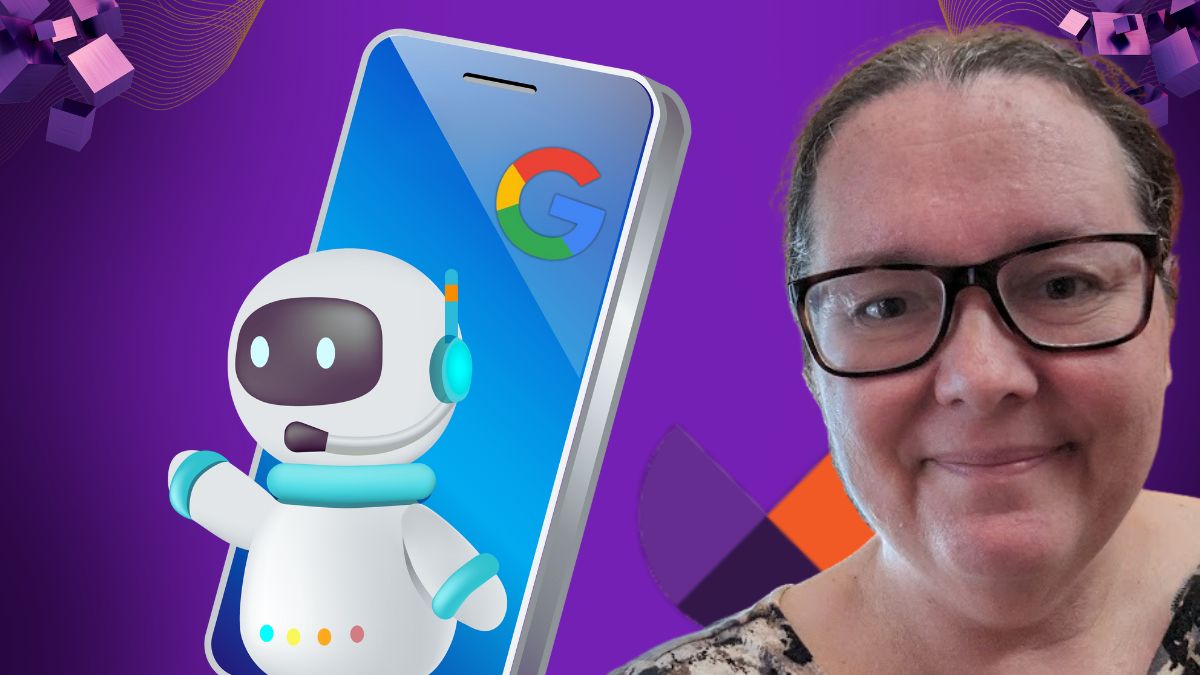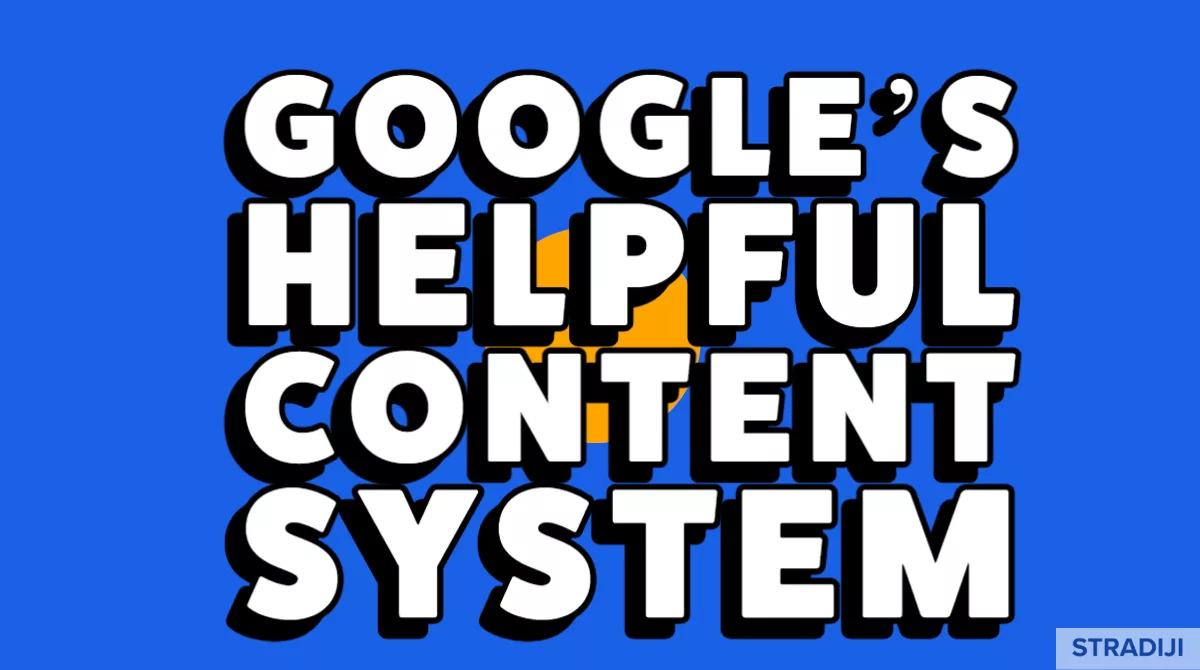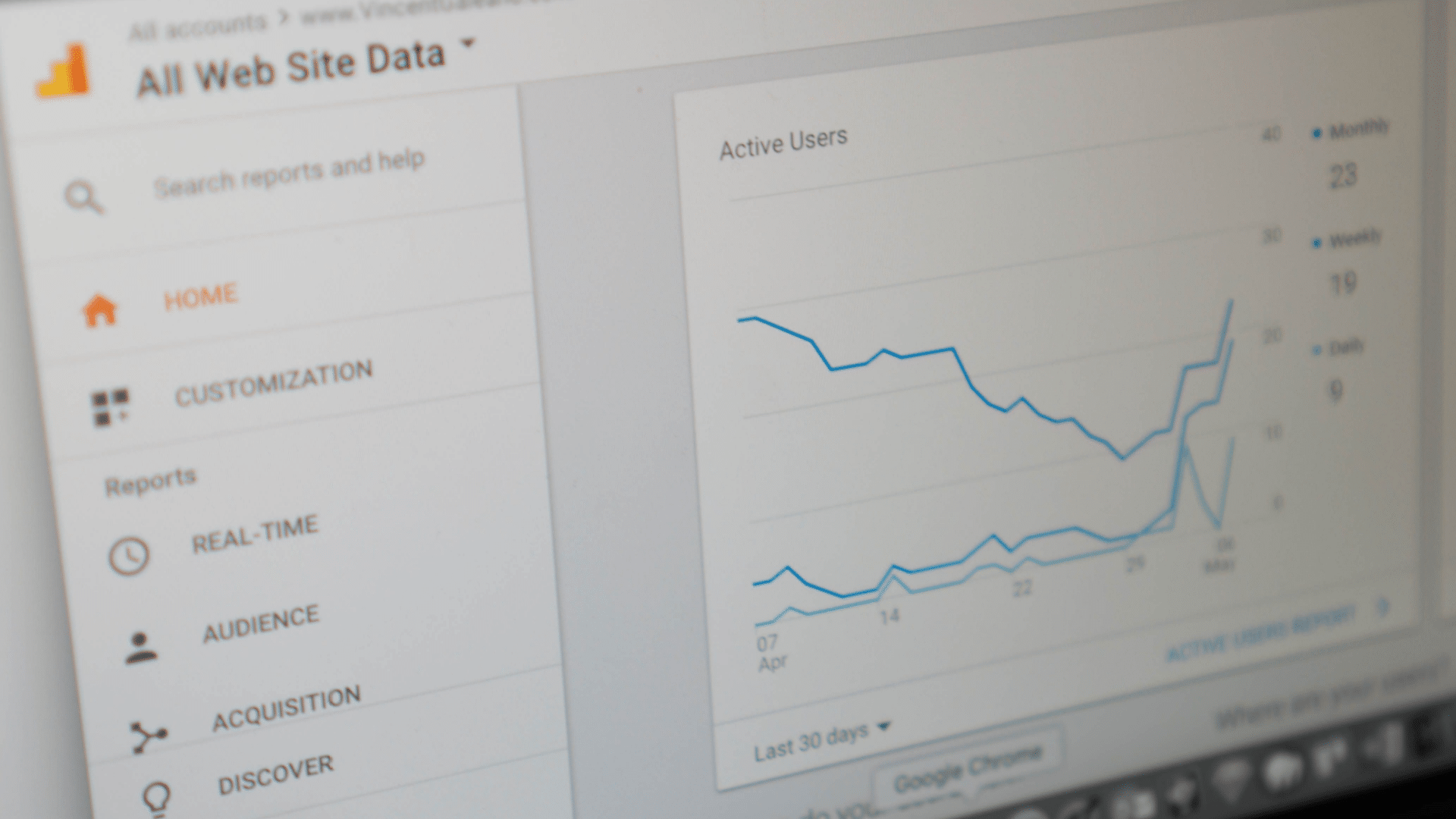- The SEOs Diners Club
- Posts
- The SEOs Diners Club - Issue #72 - Weekly SEO Tips & News
The SEOs Diners Club - Issue #72 - Weekly SEO Tips & News
Here are the weekly SEO insights for the SEOs Diners Club members.

You may also join our free SEO Diners Club network to ask questions and share your thoughts.
Use Google's Artificial Intelligence Systems for SEO Success
Understand Google's AI systems, specifically the Helpful Content System, and learn their strategies for tailoring your content to them.
In the ever-evolving world of Search Engine Optimization (SEO), understanding Google's artificial intelligence (AI) systems and their impact on search rankings is vital.
Two of these systems, Search Generative Experience (SGE) and Bard AI chat technology are reshaping our search experiences, making it more critical than ever to tailor your content to these systems.
The Helpful Content System, one of Google's most important AI systems, is a machine learning-based system that predicts whether content will likely be helpful to a searcher. If your content consistently falls short of these estimates, your site may be classified as 'useless content'’ which can affect your organic search traffic and rankings.
The Helpful Content System is integral to Google's search engine algorithm, affecting how content is ranked and displayed in search results. From an SEO perspective, understanding this system is vital for creating content that meets Google's quality standards and increasing your website's visibility.
Google's resources provide a wealth of information about the Useful Content System. According to Google Search Center, the system generates a signal used by Google's automated ranking systems to ensure that original, human-written, human-useful content takes precedence in search results.
Marie Haynes, a renowned SEO expert, has extensively studied Google's AI systems and their impact on search rankings. Haynes emphasizes that the ranking key is consistent with the definitions of quality in Google's Quality Evaluator Guidelines.
Haynes asks about Google's page quality, "Does this article contain in-depth analysis or interesting information beyond the obvious?" or “Does the page offer significant value compared to other pages in the search results?” He explains that he evaluates by asking questions such as:
To create successful content with the Useful Content System, Google recommends creating helpful, credible human-first content rather than search engine-first content. It provides questions you can ask yourself as you evaluate your content.
As a result, understanding and adapting to Google's AI systems, especially the Useful Content System, is vital to SEO success. By creating high-quality, helpful content that meets the needs of your target audience, you can increase your website's visibility and ranking in Google's search results.
Even with technical SEO improvements and backlink acquisition, if your organic traffic remains below a certain level, Google may not perceive your site's content as helpful. By understanding Google's Useful Content System and following these tips, you can improve the quality of your content, comply with Google's standards, and improve your SEO performance.
Comparing UA vs. GA4 Measurements: Key Differences You Should Know
Knowing the differences between the measurement methodology and metrics of the two systems is useful.
As of July 1, Google Analytics 4 (GA4) has emerged as the primary source for web metrics, replacing the long-standing Universal Analytics (UA).
This transition has brought significant changes in how data is measured and reported, which can be challenging for marketing teams, particularly when comparing year-over-year (YY) data to measure growth success.
One of the main differences between UA and GA4 lies in their data models. UA is based on sessions and page views, while GA4 is built on events and parameters. This change in approach means that comparing data between the two platforms is no easy task. For example, you may find user counts and session differences between the two platforms, even if the metrics are named the same.
The concept of “interactive sessions” was introduced in GA4. These are sessions where the user does something significant on the site. An “interactive session” is considered if it lasts longer than 10 seconds, has one or more conversion events, or has two or more page/screenviews. This is a departure from UA, focusing more on total sessions and pageviews.
Also, the way conversions are calculated differs between the two platforms. UA counts only one conversion per session for each goal, while GA4 counts one conversion at a time, even if the same conversion event is logged multiple times. This can inflate the number of conversions in GA4, providing a more detailed view of user behavior.
Another significant change is the way GA4 handles events. In UA, events were used to track site actions that did not necessarily generate a success page. In contrast, GA4 treats everything as an event, from page views to video launches, file downloads, and newsletter signups. This makes GA4 a more event-centric platform, providing a more comprehensive view of user interactions on the site.
Regarding views, GA4 replaces the views of the UA with data streams. This change allows for a more accurate reflection of the number of users, especially if your business has both a website and a native mobile app.
The transition from UA to GA4 can seem daunting, especially if you didn't have GA4 installed and running by July 1, 2022, which would preclude a true apples-to-apples YOY comparison for July 2023 data. However, understanding the key differences between the two platforms can help you manage this transition and leverage the new features and capabilities of GA4 to gain deeper insights into your web metrics.
Code Interpreter Opened to All ChatGPT Plus Users
OpenAI announced Code Interpreter access for all ChatGPT Plus users. Learn how you can use it for SEO and marketing analytics.
OpenAI recently announced that all ChatGPT Plus users now have access to the Code Interpreter, a game-changing tool that allows ChatGPT to execute code and interact with uploaded files. This tool will revolutionize our approach to SEO and marketing analytics.
Code Interpreter is an official ChatGPT plugin for various tasks such as data analysis, image conversion, and code editing. Users can enable access to these and other experimental features through their account settings.
Digital marketers are already finding innovative ways to use Code Interpreter for SEO. Analyzing search engine algorithms and user behavior can generate data-driven insights for content optimization, thereby increasing site rankings with tailor-made strategies. It's like having a data analytics genius at your fingertips.
As a ChatGPT Plus subscriber, I immediately gave it my first try and was impressed. I plan to share my experience with Code Interpreter in my newly launched "ChatGPT Tips" video series. If you missed the first video, you can watch it below and be notified of new videos by subscribing to my YouTube channel.
Analyzing Google Search Console Data
One of the popular applications of Code Interpreter is its integration with Google Search Console data. Users can export campaign and ad data to ChatGPT, ask it to analyze the data and report key performance metrics. Able to identify weak points, strengths, and areas to test, the tool offers a new way to analyze exportable marketing data.
However, the launch of Code Interpreter came amid some controversy. OpenAI has recently faced legal action and privacy concerns, particularly regarding using copyrighted books and users' data to train its models. ChatGPT scores highly in the App Store's productivity category despite these issues.
OpenAI's release of the Code Interpreter is a significant step forward in expanding the capabilities of the AI language model. However, OpenAI must address and mitigate concerns about data protection and copyright issues, especially given the sensitive nature of running code and uploading files using the Code Interpreter.
Code Interpreter for ChatGPT Plus is a powerful tool that can transform SEO and marketing analytics. As access to this tool increases, we expect to see more innovative ways to use it in digital marketing.
Microsoft Launches Free Artificial Intelligence Training with Professional Certification
Microsoft and LinkedIn launched the Artificial Intelligence Skills Initiative, a free education program to meet the growing demand for AI skills.
The course is an introduction to artificial intelligence and responsible artificial intelligence. After completing the course, participants will receive a professional certification in productive artificial intelligence from Microsoft.
The course is offered in English, and more languages are planned. There are Turkish subtitles. The initiative aims to equip people with the knowledge and tools to use AI technology responsibly and ethically.
ChatGPT Turns Off Bing Browsing After Accessing Content Behind a Paywall
OpenAI recently disabled the “Browse with Bing” feature in ChatGPT due to concerns about accessing content behind paywalls.
The decision was made to "act with caution" to respect the rights of content owners. The problem arose when users could bypass paywalls using ChatGPT and access and print text from articles behind these paywalls.
The Microsoft Bing CEO stated that they have mechanisms to prevent paywalled content from leaking into replies and suggested OpenAI double-check this. OpenAI is working to fix the issue and plans to return the beta feature as soon as possible. The issue was first noticed when a user reported that ChatGPT Plus users could browse paywalled articles using browsing mode.
Google Working on Complementary Robots.txt Protocols for Artificial Intelligence
Google has announced that it plans to develop a complementary protocol to the 30-year-old robots.txt protocol in response to the rise of manufacturer artificial intelligence technologies.
This plan comes after recent news about Open AI's ChatGPT service accessing paid content.
Google is starting a public discussion by inviting members from the web and AI communities to contribute their ideas to this new protocol. The company believes it's time to explore additional machine-readable tools for web publisher selection and control for emerging AI and research use cases. However, no immediate changes are made.
Google: You Don't Have to Use Blog Folders for URLs
John Mueller of Google stated that it makes no difference to Google whether blog posts are served from the /blog subfolder or not.
Mueller noted that it doesn't matter whether you place your blog posts in the /blog subfolder or the site root directory without /blog. Mueller said SEO experts sometimes resort to myths to get better rankings, but they're wrong. She spoke about it in a Reddit post.
Book Of The Week: “Video Marketing: Create Engaging Video Campaigns to Drive Brand Growth and Sales” - Jon Mowat
In the world of “going video first,” video has become one of the most effective ways to reveal the brands of marketing masters, interact with customer bases, and increase the number of website visitors and sales.
“Video Marketing: How to Create Video Campaigns for Brands to Grow?” The work not only addresses the issues of designing and implementing great video campaigns but also analyzes in detail and systematically the methods of experimentation and measurement that shed light on the successes of video marketing. Embellished with examples from the experiences of world-renowned brands such as Adidas, Kleenex, and Red Bull, this book explores which video types and platforms brands should choose and how they can create video campaigns within a specific budget.
Following the latest technological developments, “Video Marketing” offers suggestions on how to know your target audience better and get involved in ad networks, as well as how to deliver personalized content and avoid potential dangers such as fraud and fake viewing. The work also includes online resources where you can find video links related to the aforementioned campaigns and a downloadable planner that you can use to create your strategies.
I hope you enjoyed my weekly SEO insights. Hope to see you the following Sunday in the new episode. I wish you all a great week.
Best,
Mert Erkal
How Can I Help You?







